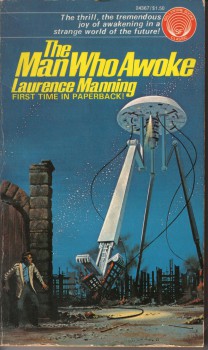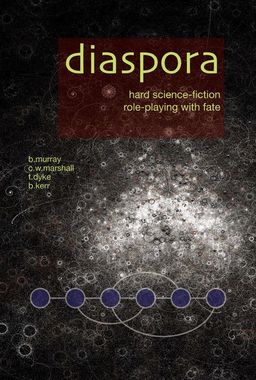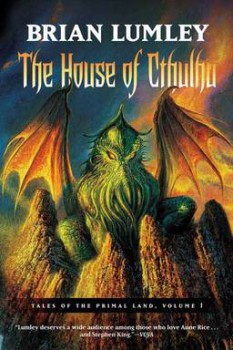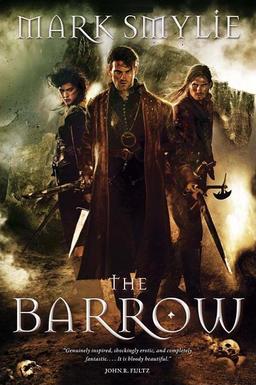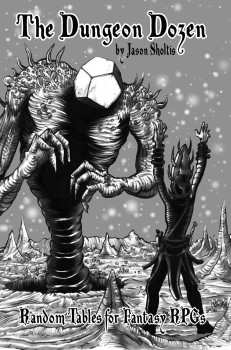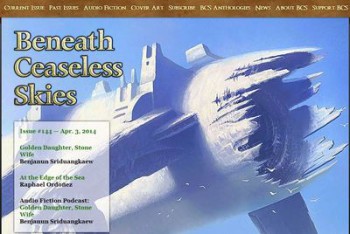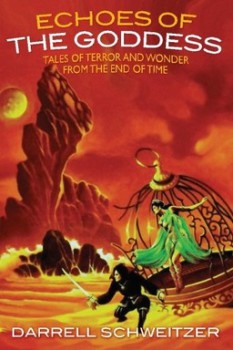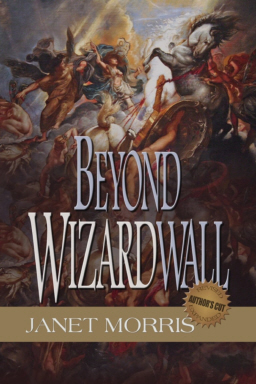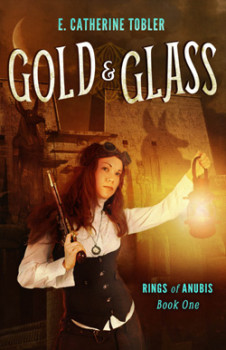Kelly McCullough’s Broken Blade is a Quick Summer Read
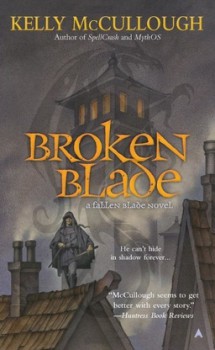 Broken Blade
Broken Blade
Kelly McCullough
Ace (304 pgs, November 2011, $1.50)
Aral Kingslayer used to be a legend. In another life, he wasa hired blade for Namera, the goddess of divine justice, and while in that role earned his name. Now that his goddess is dead, his order disbanded, and his compatriots killed, he is a man without a purpose.
Well, unless taking odd jobs to keep his bar tab paid and dodging barbs from his shadow familiar Triss could be called having a purpose. That is, until a lady dressed in red walks into his life with a job offer: deliver a sealed message to a person waiting on a particular balcony at a specified time.
Aral believes this to be an easy job for a man with his unique skill set, and so he accepts. It’s not until he’s almost killed by a man whom he’d thought long dead that he discovers the job is much more than it seems.
Broken Blade is an enjoyable read, even as it doesn’t break any new ground. Assassin novels generally feature a man (check), who has gone rogue for reasonable and/or forgivable reasons (check), who comes to question everything he has known to be true (check). They also feature political intrigue, creative battle/death scenes, and a love interest (check, check, check).
However, one can’t just dump the elements onto the page and expect to get a coherent, entertaining story. An author needs to add a little from each trope and combine them until they make something new, and here McCullough succeeds — he mixes just the right amounts of just the right ingredients to produce a solid novel.
